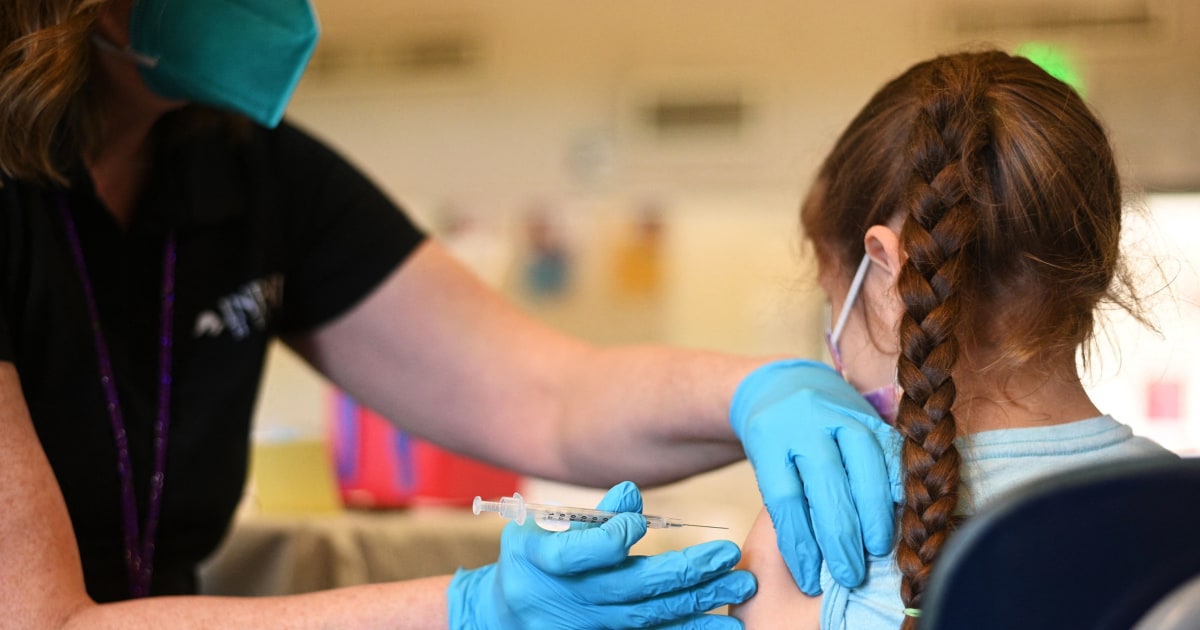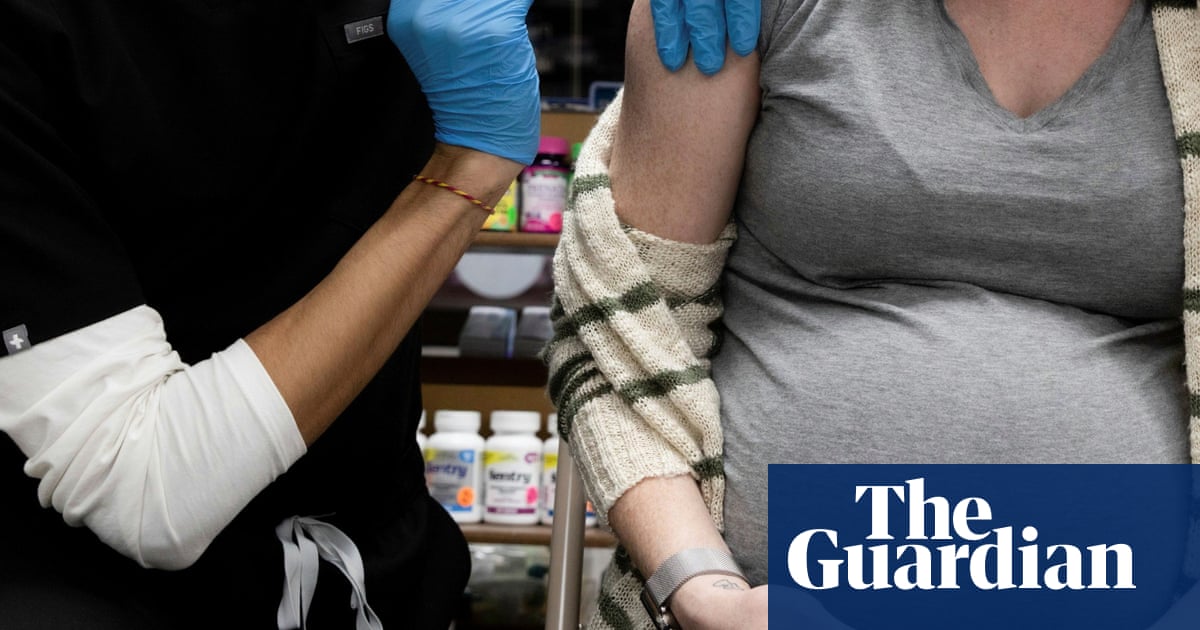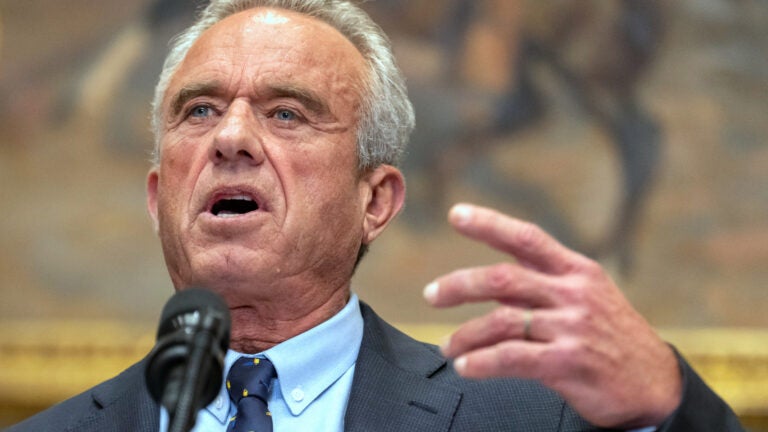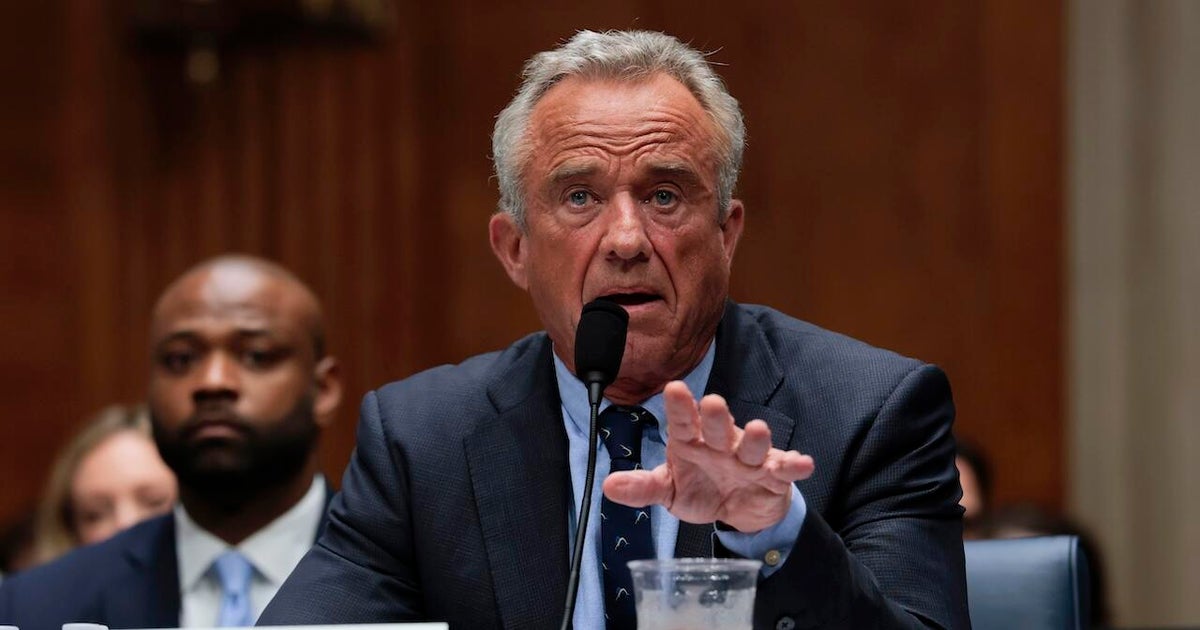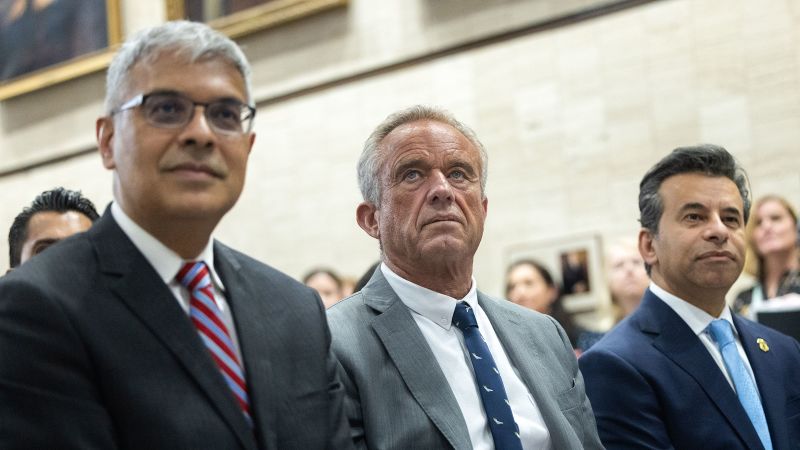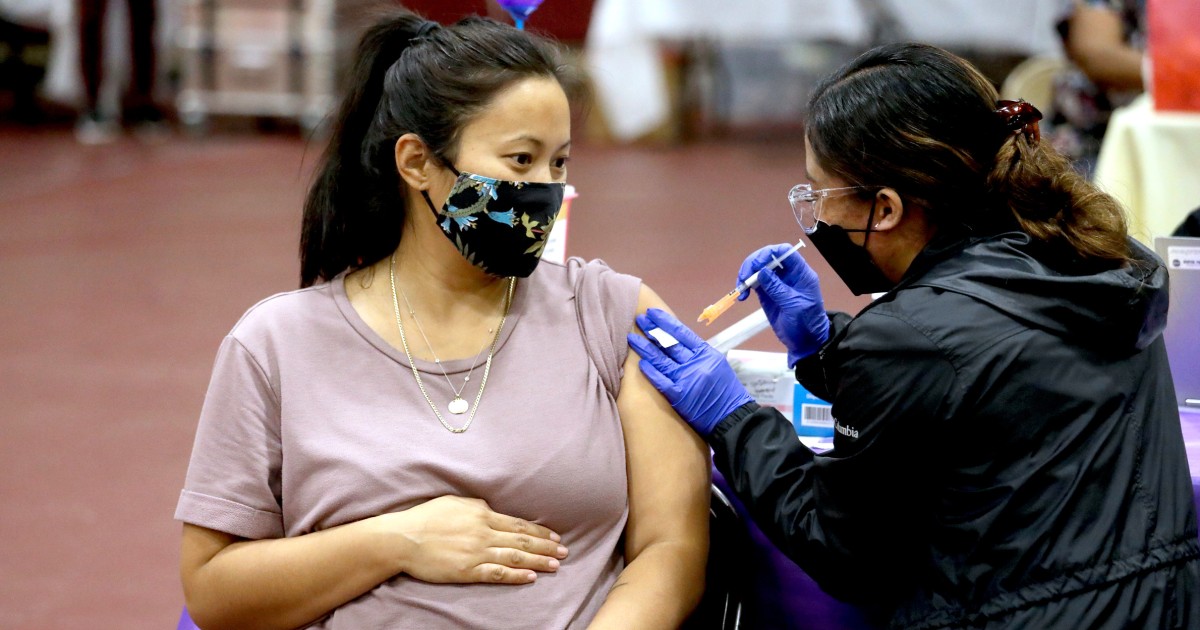CDC No Longer Recommends COVID-19 Vaccines for Healthy Children and Pregnant Women
Health Secretary Robert F. Kennedy Jr. announces removal of COVID-19 vaccine recommendations, raising concerns among health experts about public health implications.
Overview
Health and Human Services Secretary Robert F. Kennedy Jr. announced the CDC will no longer recommend COVID-19 vaccines for healthy children and pregnant women, a decision made without CDC input. This announcement, made alongside FDA and NIH leaders, contradicts ongoing public health guidance advocating for annual boosters. Critics, including health experts, express concern over the lack of clinical data supporting this change and its potential impact on vulnerable populations. The CDC's advisory panel is set to meet in June to discuss future vaccine recommendations, but Kennedy's unilateral action raises questions about vaccine access and insurance coverage.
Content generated by AI—learn more or report issue.

Get both sides in 5 minutes with our daily newsletter.
Analysis
- The article expresses a negative view of Robert F. Kennedy Jr.'s stance on the COVID-19 vaccine.
- The articles highlight a neutral tone on new COVID-19 vaccination guidelines for pregnant women and children.
- Concerns about public health and individual risk assessment are emphasized in the discussion of vaccination policies.
Articles (26)
Center (10)
FAQ
Health Secretary Robert F. Kennedy Jr. cited a lack of clinical data supporting the repeat booster strategy in children and announced the change without CDC input, despite previous CDC recommendations for vaccination starting at six months of age including during pregnancy.
Health experts have expressed concern about the lack of clinical data supporting this decision and worry about the potential negative impact on vulnerable populations, as the decision contradicts ongoing public health guidance advocating for annual boosters.
The decision was made unilaterally by Health Secretary Kennedy without the usual CDC advisory panel vote, which traditionally reviews and votes on such changes before the CDC director endorses or rejects them. This breaks from the established precedent of CDC vaccine policy updates.
The unilateral decision raises questions about vaccine access and insurance coverage for healthy children and pregnant women, potentially complicating who can get vaccinated and whether the vaccine will be covered by insurance without a formal CDC recommendation.
Yes, the CDC's advisory panel is scheduled to meet in June to discuss future COVID-19 vaccine recommendations, which may address or re-evaluate this recent announcement.
History
- 1M

 4 articles
4 articles
- 1M

 6 articles
6 articles

